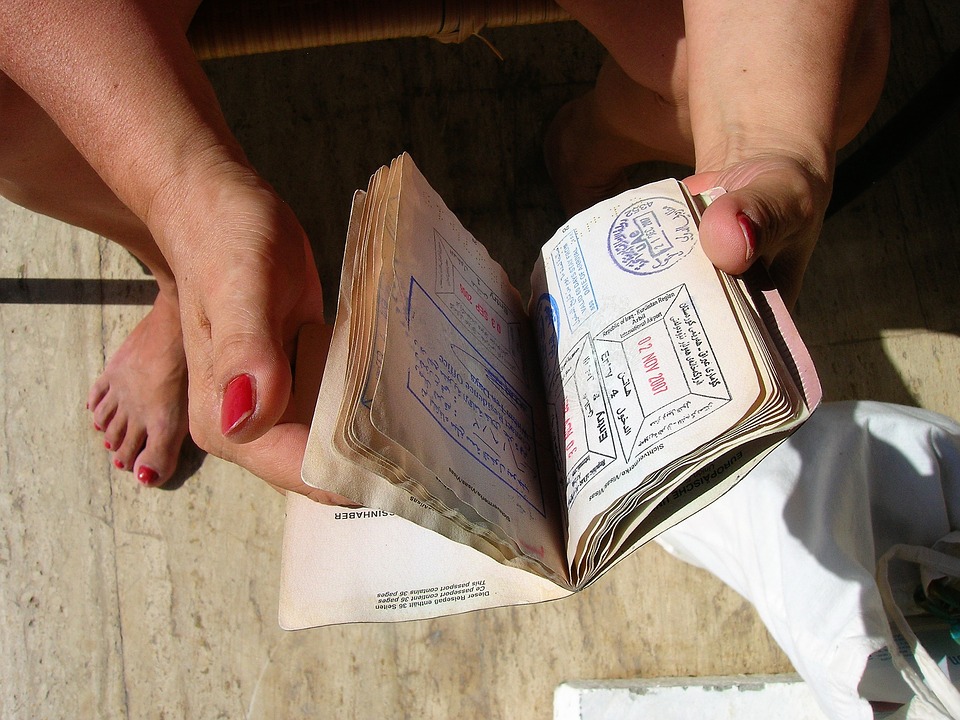Changes to Entry Rules are Causing Problems for Dual Citizens Travelling to Canada
If you are a dual citizen planning to fly to Canada, make sure you have a valid Canadian passport. In November 2016, the Government of Canada made it a requirement for anyone with a passport from a country other than Canada to have either a visa or an electronic travel authorization before boarding an airplane that will land in Canada. As citizens of Canada cannot get a visa or an electronic travel authorization, this effectively requires dual citizens to hold a valid Canadian passport to travel to or through Canada.
These changes have caused problems for travellers unaware of them, and a backlog in Canadian passport applications around the globe. Even dual citizens living in Canada must have a valid Canadian passport to get home, so it’s very important to review travel requirements before leaving the country. For more information on Canadian citizenship or passport laws, contact a citizenship lawyer.
According to a recent CBC News article, the changes to passport requirements is causing uncertainty for many dual citizens who plan to travel to Canada. The changes have led to a backlog and lengthy delays in Canadian passport applications in Australia, France, Germany, and the United Kingdom. Delays could interrupt travel plans and leave people stranded if they cannot obtain an alternative travel document, such as a temporary passport, an Emergency Travel Document, or a temporary special authorization. Some of these alternative documents are difficult to come by, though, and are only issued under stringent conditions.
Temporary Special Authorization
The Canadian government established a special authorization program for dual citizens who were not aware of the recent changes to Canada’s entry rules prior to leaving the country. They can apply for an exemption, which allows them to board their flight to Canada. This applies if the flight is scheduled within 10 days of the application. In addition, it only applies if your other citizenship is from a visa-exempt country.
If approved, authorization is valid for four days after the travel date. There is no guarantee that special authorization will be granted.
Electronic Verification Database
To get approval for the special authorization, the applicant’s Canadian citizenship must be verified using the IRCC’s electronic database. This electronic system started November 10, 2016, and is used to verify that Canadian citizens have the appropriate travel documents. Accepted travel documents include:
- A valid Canadian passport;
- A Canadian temporary passport; or,
- A Canadian emergency travel document.
This database only contains previously issued documents from IRCC and documents submitted by clients, such as for passport applications. A record of Canadian citizenship will exist on this database if the applicant:
- Received a certificate of Canadian citizenship;
- Held a Canadian passport; or,
- Had been granted Canadian citizenship after being a permanent resident of Canada.
If a dual citizen has never applied for a Canadian passport, their Canadian citizenship may not be in the system, and they could be denied a temporary special authorization. This was the case for a five-year-old Japanese-Canadian boy who only held a Japanese passport. He was refused travel back home to Canada.
While there are valid concerns around passport identification, these changes still caused undue stress and difficulty for families around the globe. For help with the Canadian citizenship application process, or obtaining necessary travel documents, consult with a citizenship lawyer.
Share this article
Arghavan Gerami
Arghavan Gerami is the Founder and Senior Counsel at Gerami Law Professional Corporation ('PC'), a full-service immigration law firm in Ottawa, Ontario. Since 2011, Ms. Gerami has focused her practice on immigration and refugee litigation. Prior to that, Ms. Gerami worked at the Ministry of Attorney General and the Department of Justice and had the privilege of serving the Honourable Mr. Justice M. Evans at the Federal Court of Appeal on immigration and administrative law appeals. Ms. Gerami contributes to the Immigration Law Section of the Canadian Bar Association, the Canadian Association of Refugee Lawyers, and the United Nations High Commissioner for Refugees. Ms. Gerami has also published numerous journal articles and presented at various immigration and refugee law conferences and events across Canada.

